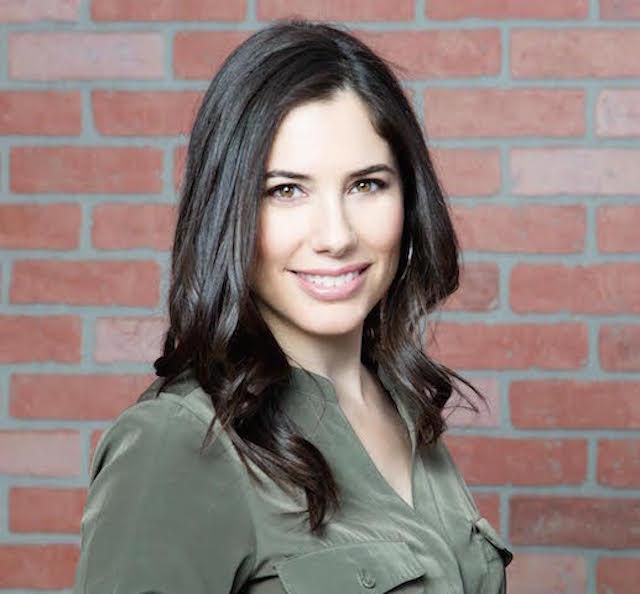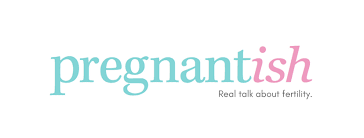This week I’m writing about women’s health and the rise of Femtech: businesses focused on period care, pregnancy, childbirth, aging, menopause, fertility management and sexual health. Femtech investments are expected to reach $50 billion by 2025.
What’s my interest in women’s health?
I’ve seen friends struggle with fertility (both women and men). I’ve spoken with women about their decision to freeze their eggs. I’ve learned about the challenges related to fertility, and how science and technology can help.
Fertility Tech Trends
Investors last year put $150 million into companies like Modern Fertility and EverlyWell, which make at-home fertility-testing kits for women (each $159); Dadi, which provides sperm testing, freezing and storage (starting at $99); and Kindbody, which is trying to make the egg-freezing process more transparent (consultations are $300).
The Clue app for period & ovulation tracking (12 million users globally) measures physiological signals to predict ovulation windows with up to 89 percent accuracy.
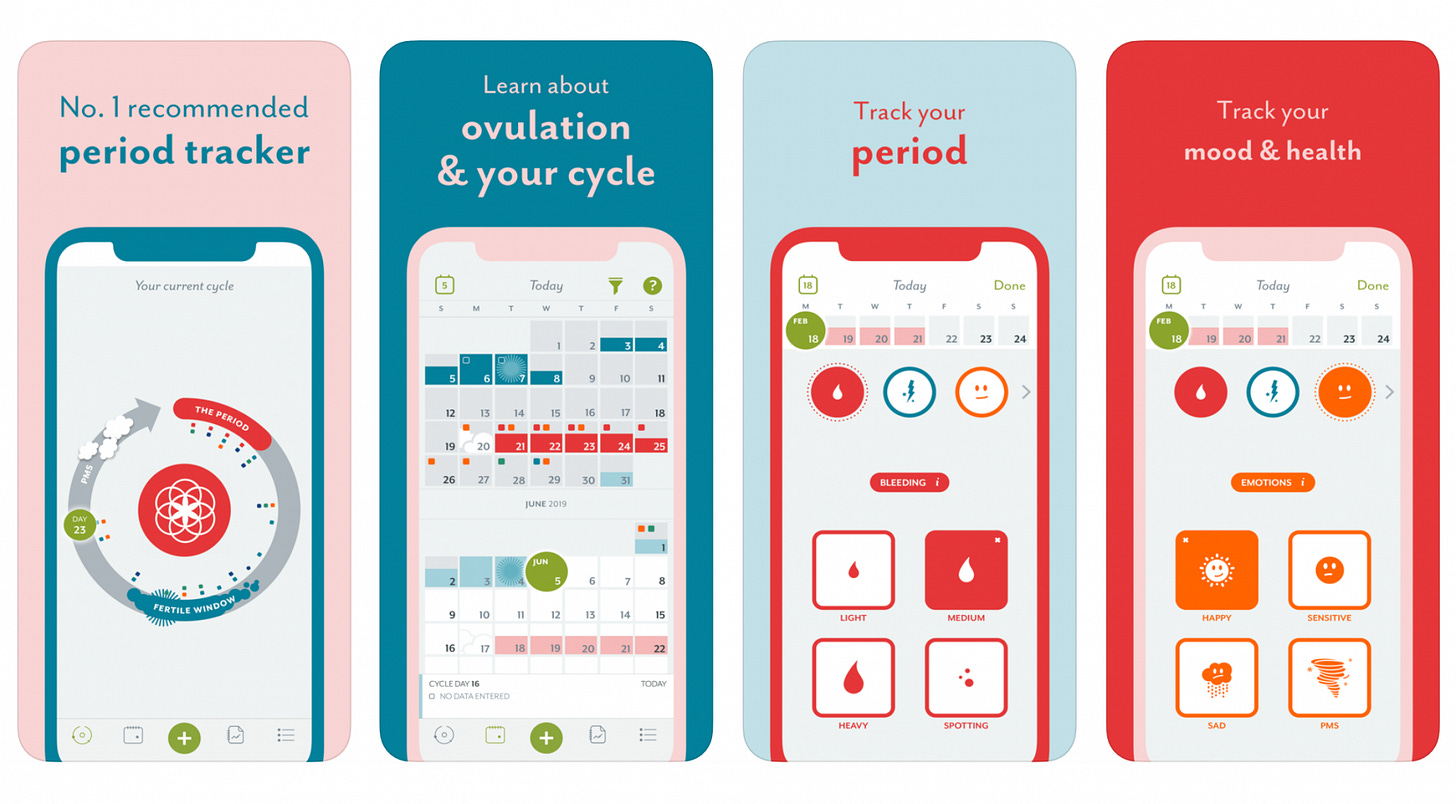
Reproductive assistance, once deemed a luxury, is becoming a crucial part of healthcare.
I spoke to Carla Brenner of Healthtech Women about the trend. She said:
“I have friends going through these issues. Egg freezing is the biggest thing on women’s minds. If they don’t have a partner, people are thinking about when they can have kids.”
Fertility benefits are a way to retain talent in competitive industries, especially female and LGBTQ employees. The cost of commercial surrogacy and IVF can reach six figures in the US.
Google, Facebook and Salesforce offer egg freezing as an employee benefit. Fertility benefits have become a big factor keeping women loyal to these big companies, says Carla.
Other things I’ve learned:
- England, Japan and other developed countries are seeing record-low fertility rates.
- Covid-19 has presented new challenges with many fertility clinics putting IVF procedures on hold.
- Data on egg freezing success rates is still limited. A 2016 study using frozen eggs found that, for women under 30, each egg retrieved had a 8.67% chance of resulting in a child; for women over 40, that chance dropped to less than 3% per egg.
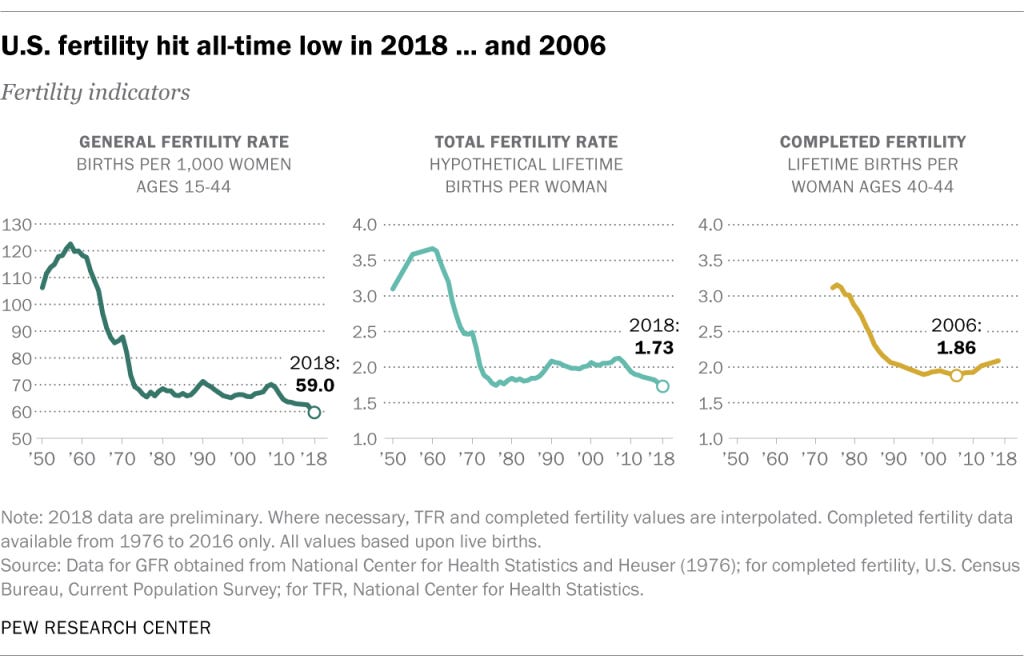
Studies show one in eight couples in the US have trouble getting pregnant or sustaining a pregnancy. Many of these people don’t have access to fertility education or know where to look for answers.
Why I’m Joining Pregnantish
I see a huge opportunity to help people struggling with these issues. That’s why I’ve joined the board of Pregnantish, a media site and patient community focused on fertility and reproductive health.
Andrea Syrtash created Pregnantish after going through 18 fertility treatments over 7 years. She is a relationship expert and published author who’s been featured by The New York Times and Forbes.
“I consider pregnantish the state you’re in when you’re trying to conceive.”
Pregnantish launched in 2017 and has become a trusted resource for people around the world dealing with fertility challenges.
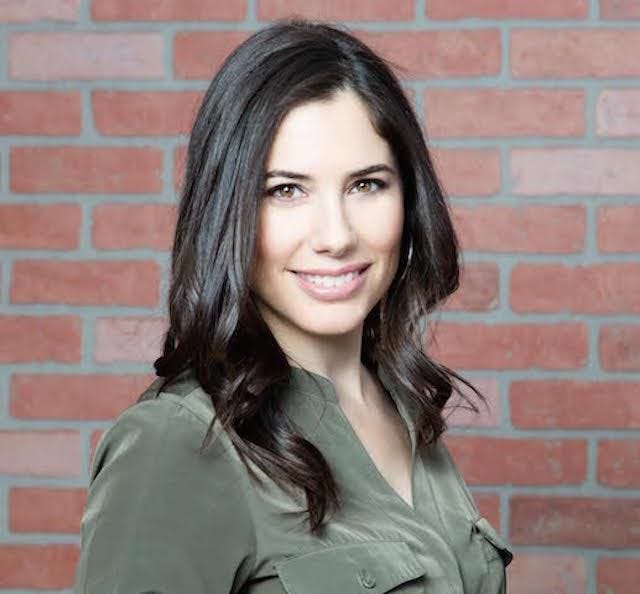
How Pregnantish Helps
Pregnantish is the first lifestyle site dedicated to helping people navigate infertility and fertility treatments (see Forbes coverage here). The site’s content has been picked up by The New York Times, Insider, People and more.
Pregnantish’s core audience are women 28-45 years old who are trying to navigate their next steps with family building. Diversity of storytelling is core to the Pregnantish mission and includes stories of underrepresented people affected by fertility: LGBTQ, people of color, and men.
- Community: The Pregnantish Verified Network includes 25 top reproductive doctors, 50 fertility bloggers and several key opinion leaders in the industry.
- Content: Pregnantish offers premium curated content from its team of Emmy and Oscar-nominatedprofessional editors, writers and producers.
- Events: The company has hosted 24 sold-out live events around the country with top clinics and industry leaders (pharma and genetic companies) as partners.
Curious to learn more about Pregnantish? Drop me a line!
The Rise of Femtech
Here are some other startups building innovative solutions in women’s health:
Pregnancy and Reproductive Care
Maven Clinic: Founded in 2014 by Katherine Ryder, Maven Clinic partners with employers and health plans to deliver an on-demand virtual care clinic that assists mothers and families during conception, throughout pregnancy, and postpartum. Maven helps employers retain parents in the workforce by providing access to 1,700 highly vetted women’s and family healthcare providers in 20+ specialties.
Cleo: A family support system for employers and working parents, Cleo helps families navigate their journey from fertility to pregnancy and parenting of newborns, infants, toddlers, and children to age 5.
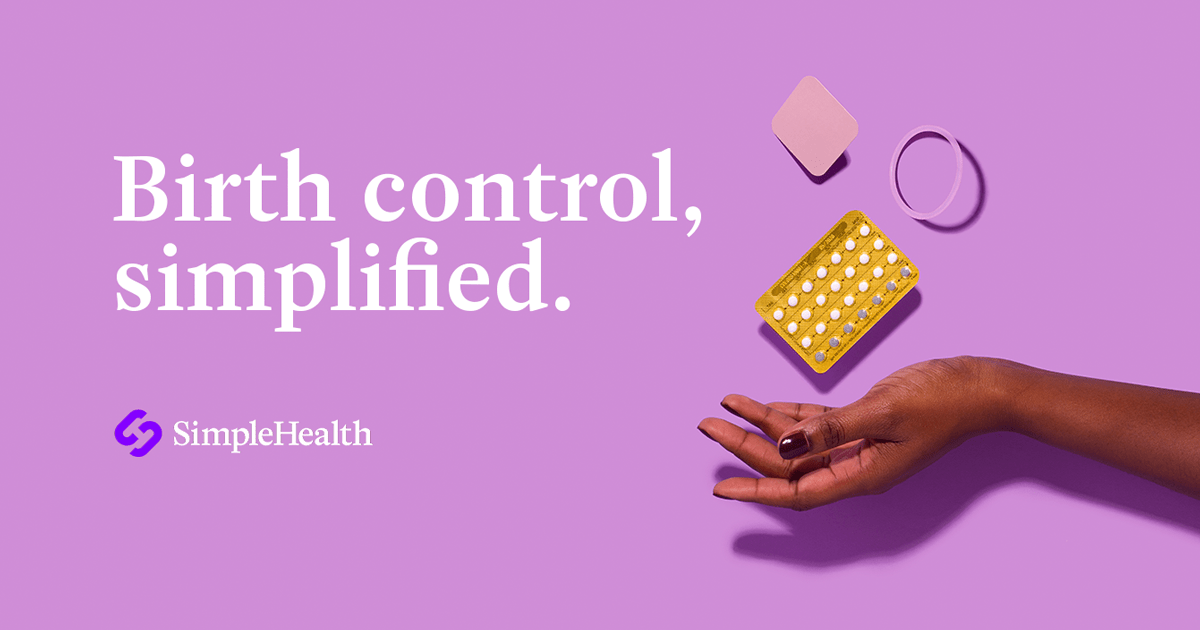
Telehealth and Virtual Care
Simple Health: Offers telehealth services and an online pharmacy focused on birth control and sexual health. CEO Carrie SiuButt spoke recently about how Covid-19 could fundamentally reshape the birth control landscape and forever change how women access reproductive health products:
“Since the pandemic began, Simple Health has seen a massive influx of new patients, more than doubling our patient base from February 2020. These numbers show how the pandemic rapidly accelerated an existing trend towards the adoption of telemedicine — specifically for routine prescriptions like birth control.”
Parsley Health: Delivers personalized primary care online or in-person at 3 centers in New York, Los Angeles, and San Francisco. Their services help women prepare for pregnancy, with advice on how to optimize your diet, exercise, and stress management ahead of having a baby.
Sexual Health
Safe Sex App: Lauren Weiniger co-founded the Safe App, which lets you privately show your verified STD status on your phone, check your partners, and get tested for $99 or use your insurance to pay for it.
Free La V: Ashley Miyasaki struggled for years to treat her chronic yeast infections and bacterial vaginosis:
“I created Free La V to be a safe and transparent community space offering candid, stigma-free information about vaginal health and providing access to effective clinically tested and/or holistic treatments.”
Physical Therapy
Origin: Carine Carmy created Origin, a physical therapy service designed for women and mothers. The company delivers expert care online and in-person, treating thousands of women with female health issues ranging from painful sex to postpartum recovery:
“We’re excited to now offer telehealth through insurance in CA, NY, and Texas, and we’ll be opening our new HQ in early August in Brentwood. For years, it felt like the market equated reproductive health with women’s health. It’s obvious now the need is so much bigger, and it’s incredibly energizing to see so many female founders offer real solutions.”

Mental Health
At The Well: Sarah Michal Waxman created At The Well to connect women around the world through transformative practices inspired by ancient Jewish Wisdom:
“Women’s circles are a ritual that’s been found in every culture on earth. At The Well creates and distributes a monthly collection of written materials, all rooted in stories from ancient Jewish texts – like the Torah, Kabbalah, and Talmud. The Moon Manuals are filled with inspiring tales, creative activities, poems, meditations, recipes, and articles written by female leaders from around the world.”
EmmaWell: David Luk started EmmaWell to improve access to antepartum and postpartum mental health resources for women:
“My wife and her mom and her sister are OB/GYNs. I kept hearing it was taking people 4 to 8 weeks to see a licensed clinical social worker with expertise in perinatal mood and anxiety disorders (PMADs) / postpartum depression. Why not take this online? We created a telemedicine approach to provide therapy to moms who need it. The app provides anticipatory guidance for the third trimester and postpartum period. We provide therapy sessions and lactation tips—both services are covered by most insurance plans.”

Menopause
Elektra Health connects women with menopause experts and board-certified gynecologists for world-class telemedicine care & educational expertise.
Alessandra Henderson, co-founder of Elektra Health, said:
“The goal is to provide a safe, evidence-based environment for women to understand what’s really happening during the menopause transition, what their options are—from lifestyle changes to over-the-counter products and prescription medication.”
Gennev: A comprehensive solution for women going through menopause, Gennev provides health coaching for $45/month and telemedicine offered in 48 states. The company offers products (supplements, herbals) and alternative therapies / lifestyle interventions.
Gennev Director of Health, OB/GYN Dr. Rebecca Dunsmoor-Su, told me about the challenges of hormone replacement therapy (HRT):
“The limiting resource is time with doctors and accessibility. As a doctor, I don’t have time to spend 45 minutes with a patient explaining what’s happening to their body, the lifestyle changes to make it more tolerable, the long-term health risks. With telehealth, we can give women the high-touch care they need.”
Until next week,


